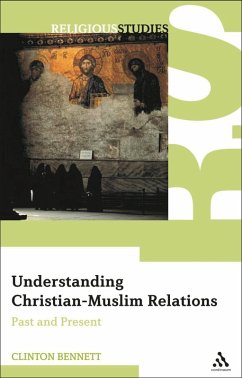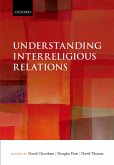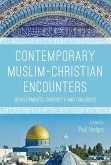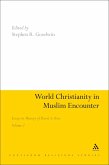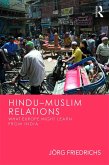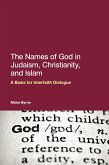For centuries Christians and Muslims have engaged with each other in manifold ways, peaceful and otherwise, be it in scholarly study, or in war and colonization.
Today, Christians represent an influential body of opinion that largely perceives Islam, post 9/11, as a threat. Yet Muslims represent approximately one third of the world's population. Improved understanding between Christians and Muslims is therefore crucial and a prerequisite for universal peace and justice. This book aims to investigate Islam's place in the world, Muslim aspirations vis-a-vis non-Muslims and the realities of how Muslims are perceived and how they perceive others. Each chapter analyses accessible texts from central thinkers and commentators, broadly split into two camps: confrontational or conciliatory. Christian-Muslim relations are set in the wider context of civilizational, geo-political and economic interaction between the Muslim world and the historically Christian West.
Today, Christians represent an influential body of opinion that largely perceives Islam, post 9/11, as a threat. Yet Muslims represent approximately one third of the world's population. Improved understanding between Christians and Muslims is therefore crucial and a prerequisite for universal peace and justice. This book aims to investigate Islam's place in the world, Muslim aspirations vis-a-vis non-Muslims and the realities of how Muslims are perceived and how they perceive others. Each chapter analyses accessible texts from central thinkers and commentators, broadly split into two camps: confrontational or conciliatory. Christian-Muslim relations are set in the wider context of civilizational, geo-political and economic interaction between the Muslim world and the historically Christian West.

